In a landmark decision, the Supreme Court has ruled in favor of the Biden administration’s move to reallocate $4.5 million in health funds previously set for Oklahoma.
The court’s decision stemmed from Oklahoma’s ban on clinics providing a crucial hotline number for abortion information, spotlighting this case as a key moment in the broader national discussion triggered by the 2022 Roe v. Wade overturn.
A Trio Disagrees
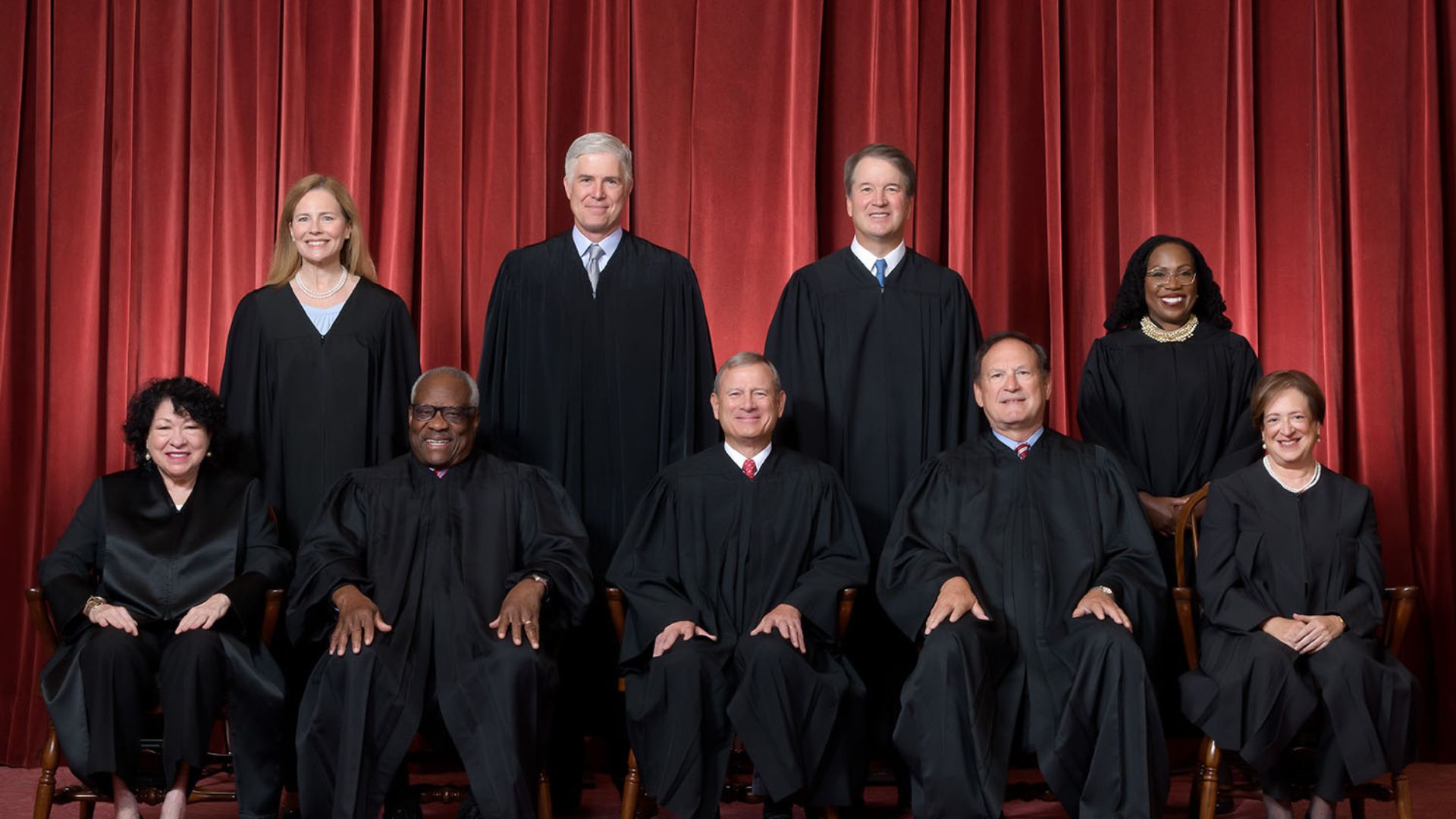
While the Supreme Court sided with the Biden administration, not all were in agreement.
Conservative Justices Clarence Thomas, Samuel Alito, and Neil Gorsuch voiced their dissent, preferring to side with Oklahoma’s stance in the heated debate.
Federal Power vs. State Rights
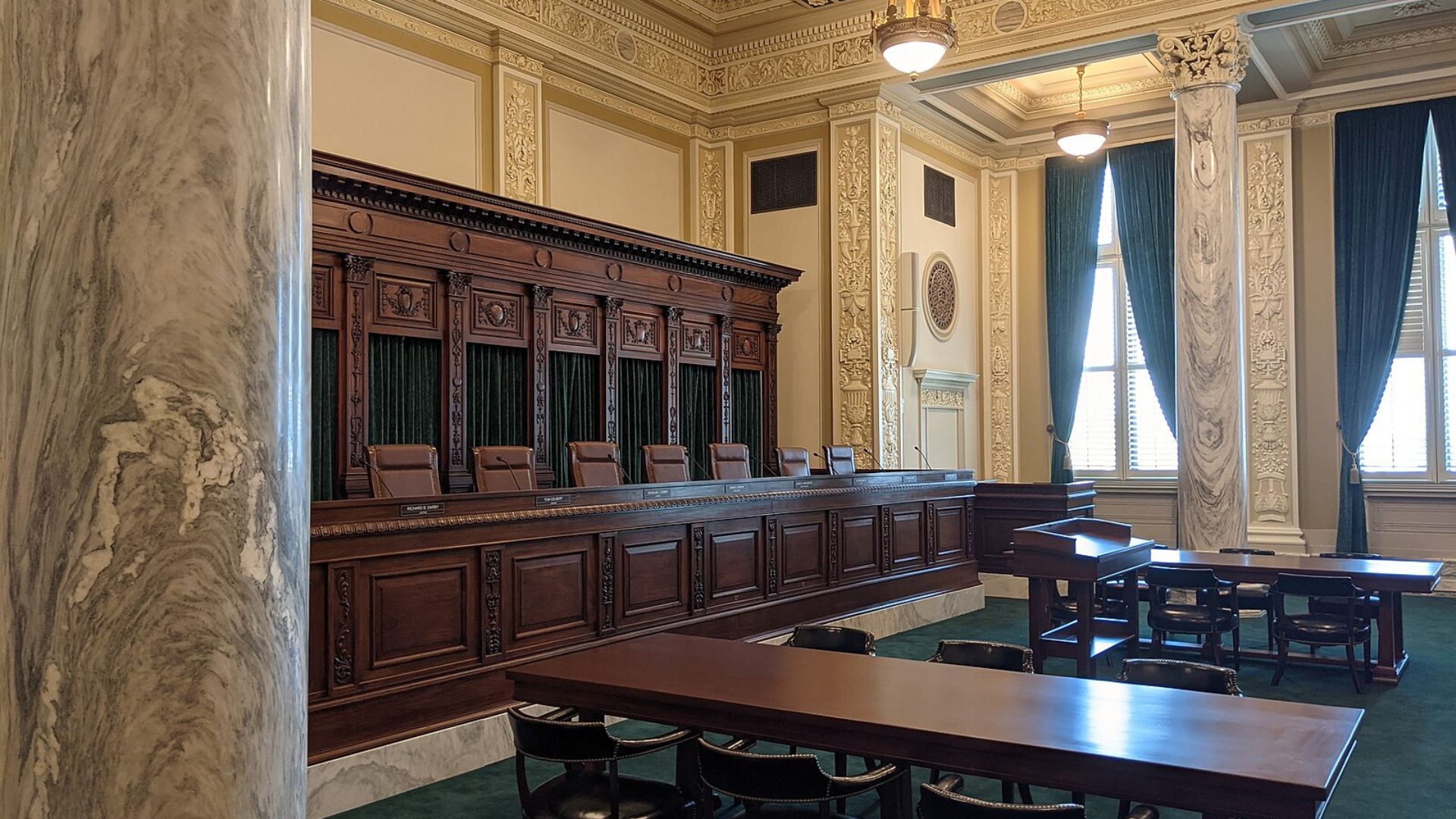
At heart, this legal battle was about more than just abortion—it tested the federal government’s authority to dictate how states use federal grants.
The implications stretch far beyond Oklahoma, touching on national policies and state autonomy.
Ongoing Judicial Impact of Roe’s Overturn
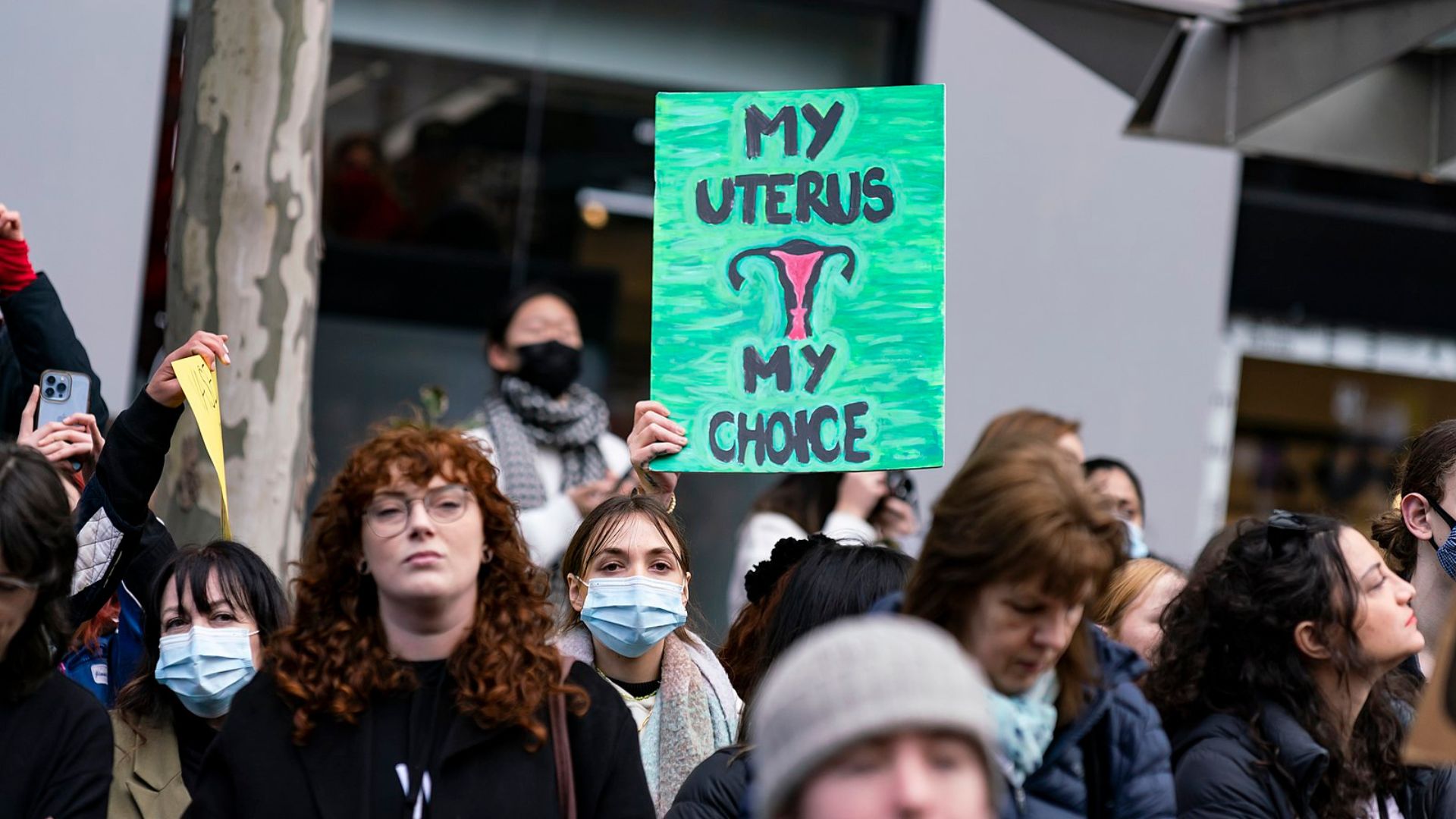
This isn’t the first time the Supreme Court has had to navigate the turbulent waters following its 2022 decision to overturn Roe v. Wade.
From easing access to the abortion pill to emergency medical situations, the Court’s rulings continue to reshape the landscape.
The Fight Over Federal Funding
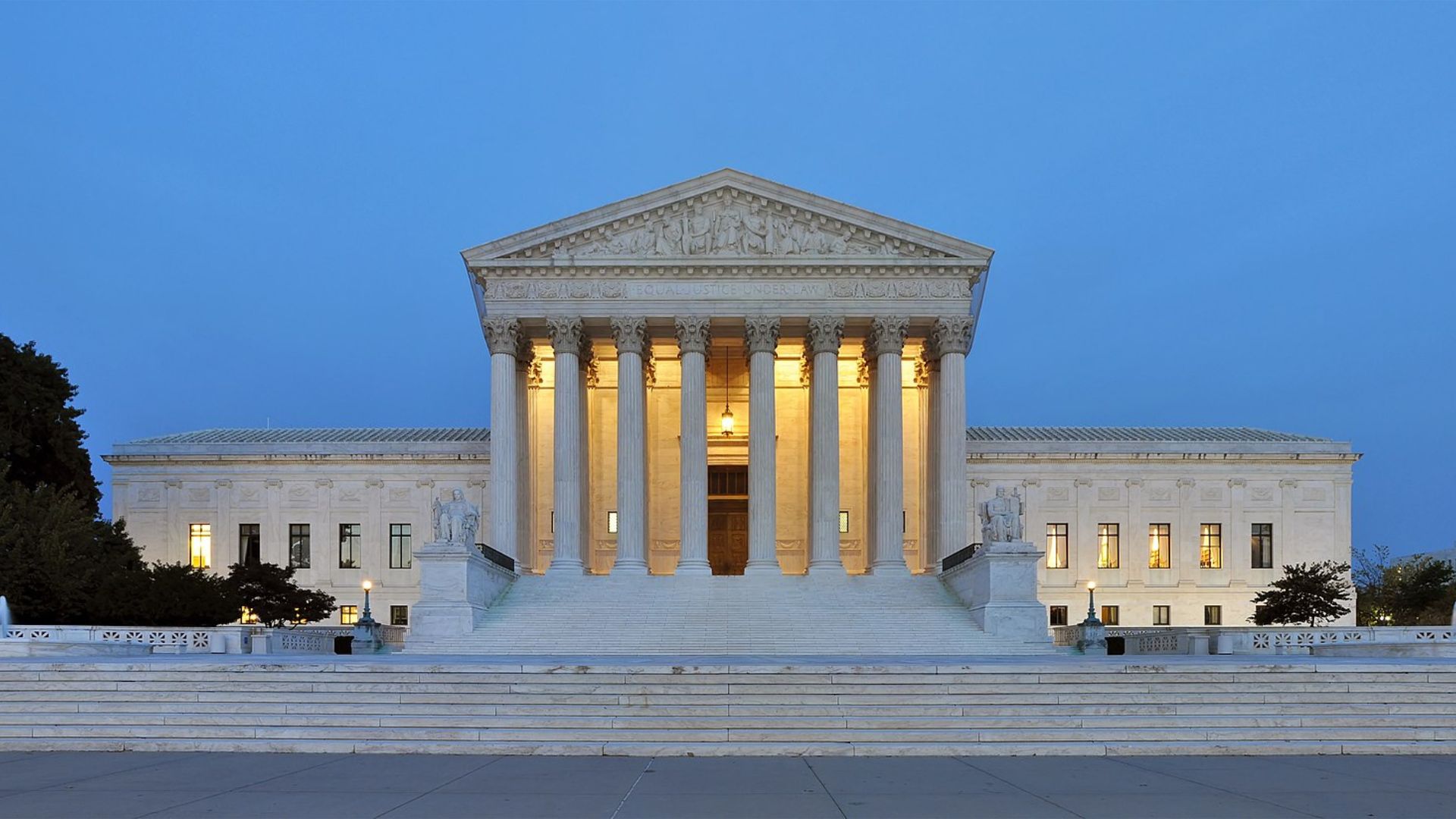
Oklahoma found itself at the Supreme Court’s doors after losing in a federal appeals court.
The state was challenging a rule that could strip it of federal family planning funds due to its policies.
Historical Context of Federal Family Planning Funding
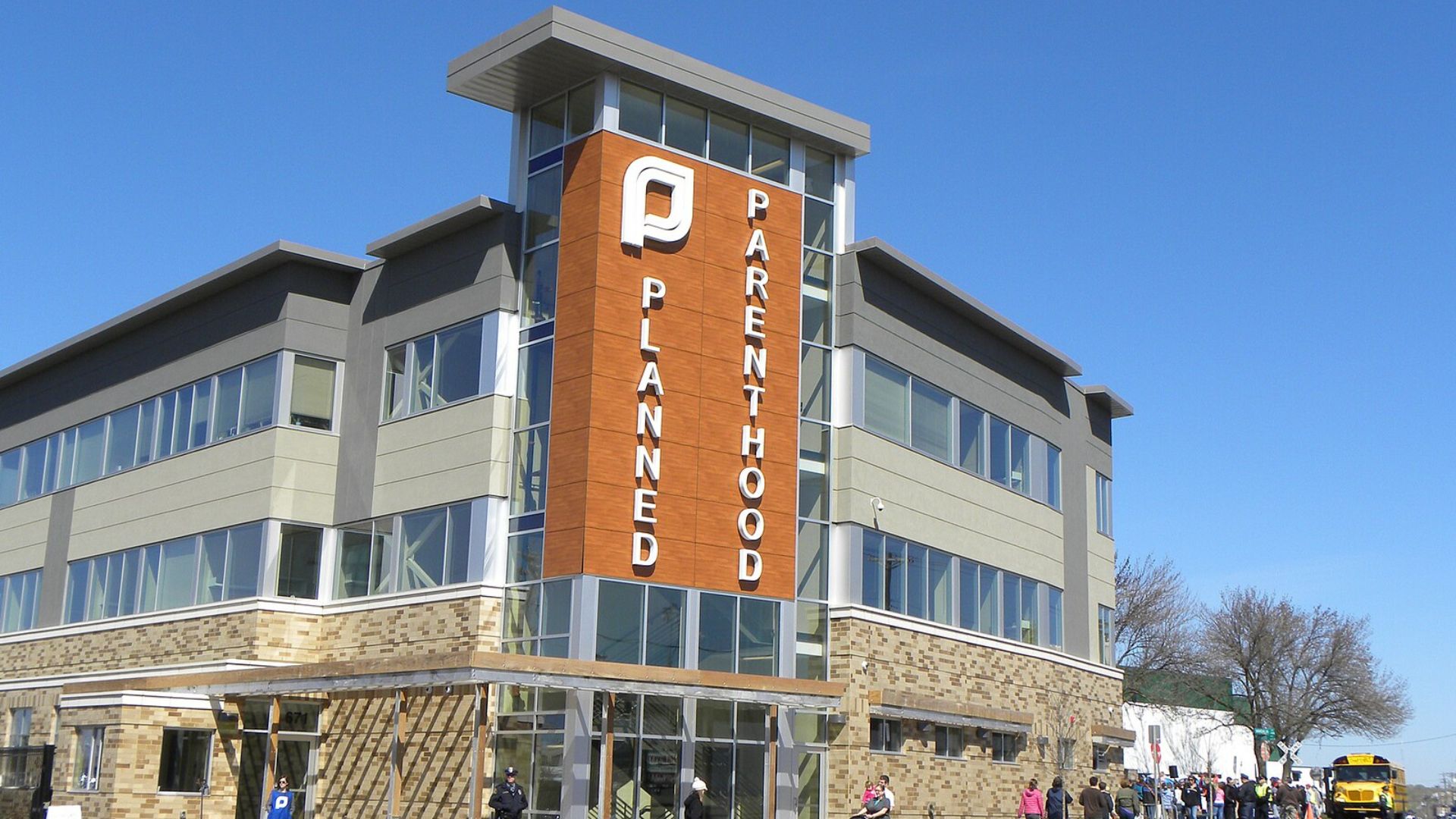
The tug-of-war over federal family planning funding isn’t new.
Administrations have flipped back and forth for years on whether clinics should inform patients about abortion services.
Legal and Social Aftermath of Roe Overturn
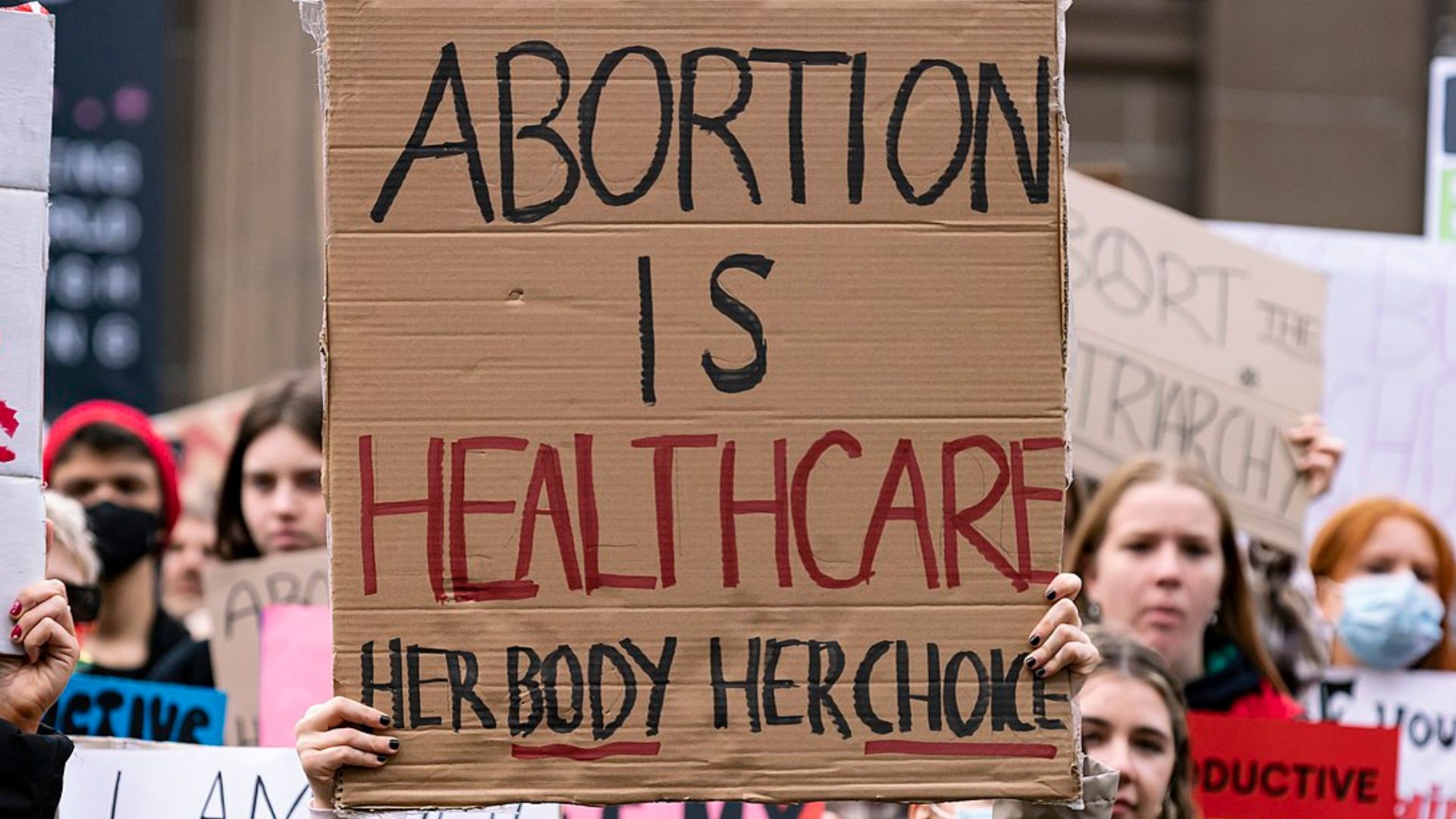
Following the Supreme Court’s decision in Dobbs v. Jackson Women’s Health Organization, which overturned Roe v. Wade, Oklahoma enacted laws that severely restricted abortion access, including making advising or procuring an abortion a felony.
This reflects a broader movement in several states to impose strict abortion laws.
Oklahoma’s Argument on State Rights
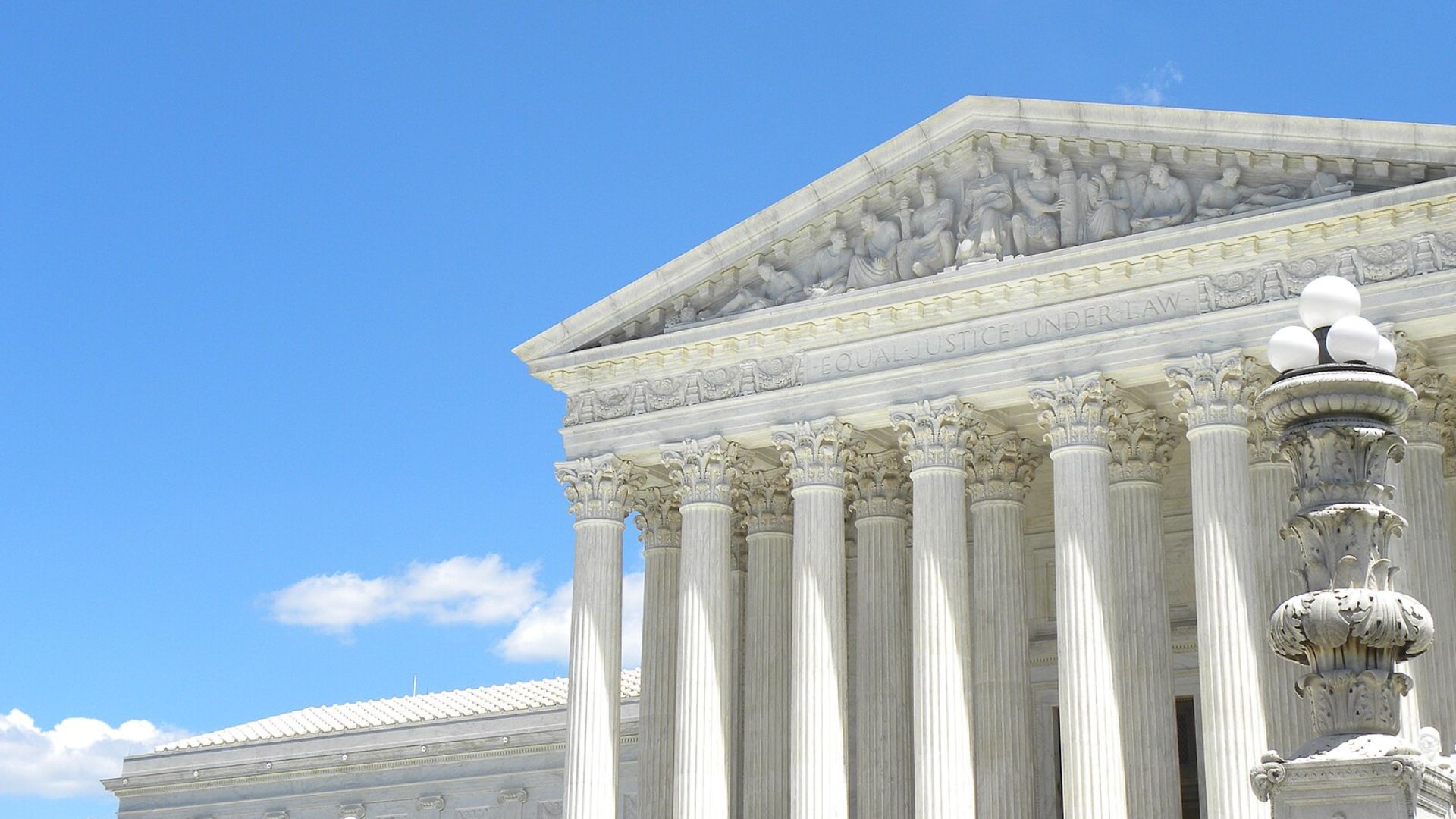
Oklahoma argued that the federal rule imposed an unwanted mandate on an issue “that has been recognized as specifically reserved to the people to address in Dobbs,” as stated in their appeal to the Supreme Court.
This argument highlights the tension between federal authority and state sovereignty.
Federal Government’s Defense of Grant Conditions
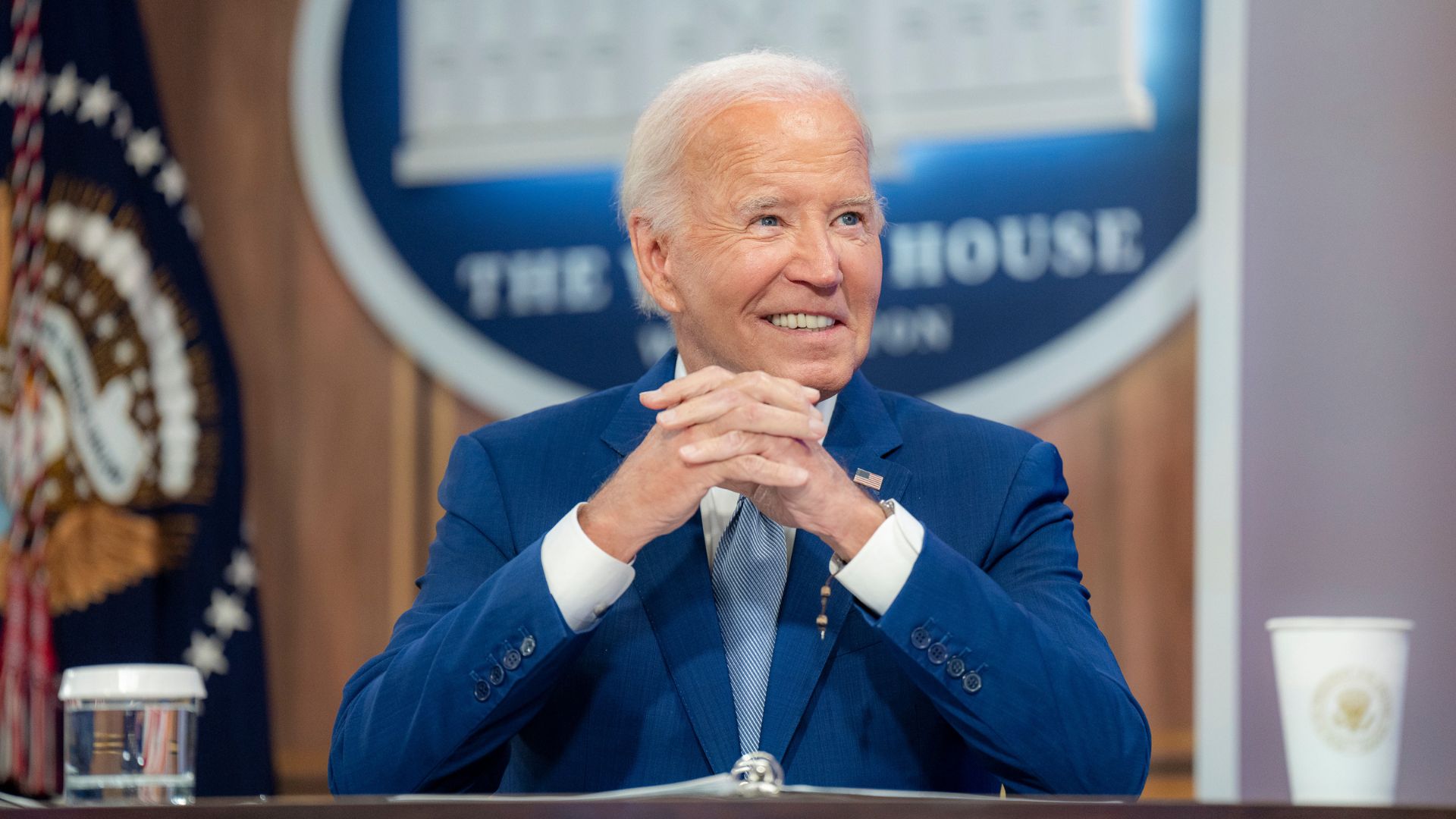
The Biden administration defended the imposition of conditions on federal grants, arguing that such practices are routine and necessary for the administration of a wide range of federal programs, from Medicare to infrastructure funding.
They warned that changing these practices could “fundamentally change” how essential programs are administered.
Legal Interpretations and the Weldon Amendment
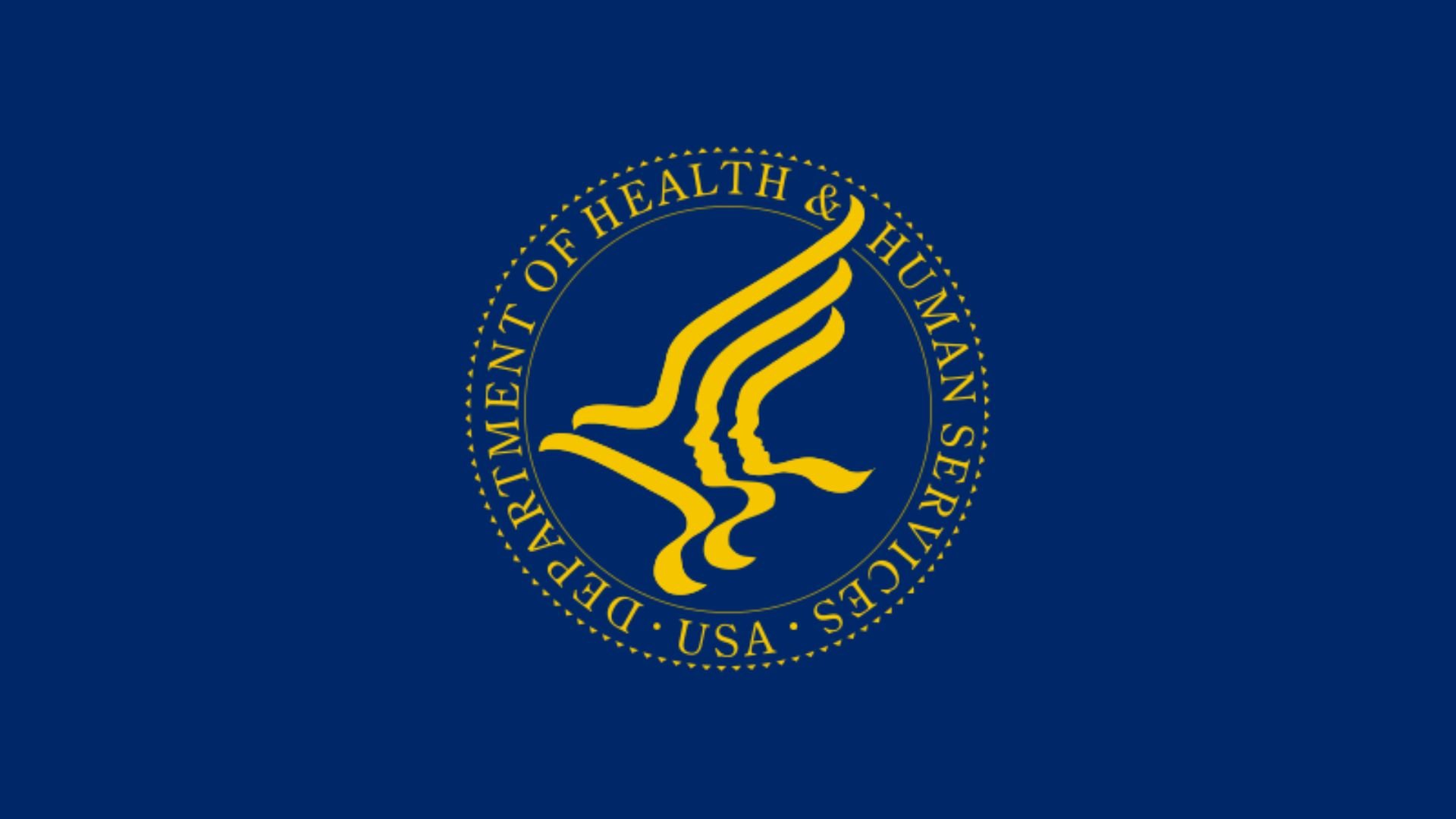
The debate also involved the Weldon Amendment, which prohibits the Department of Health and Human Services from requiring health entities to provide or refer for abortions.
The administration argued that this provision did not apply to the actions of Oklahoma’s health department, as the state claimed in its defense.
Court’s Rationale on Hotline Information
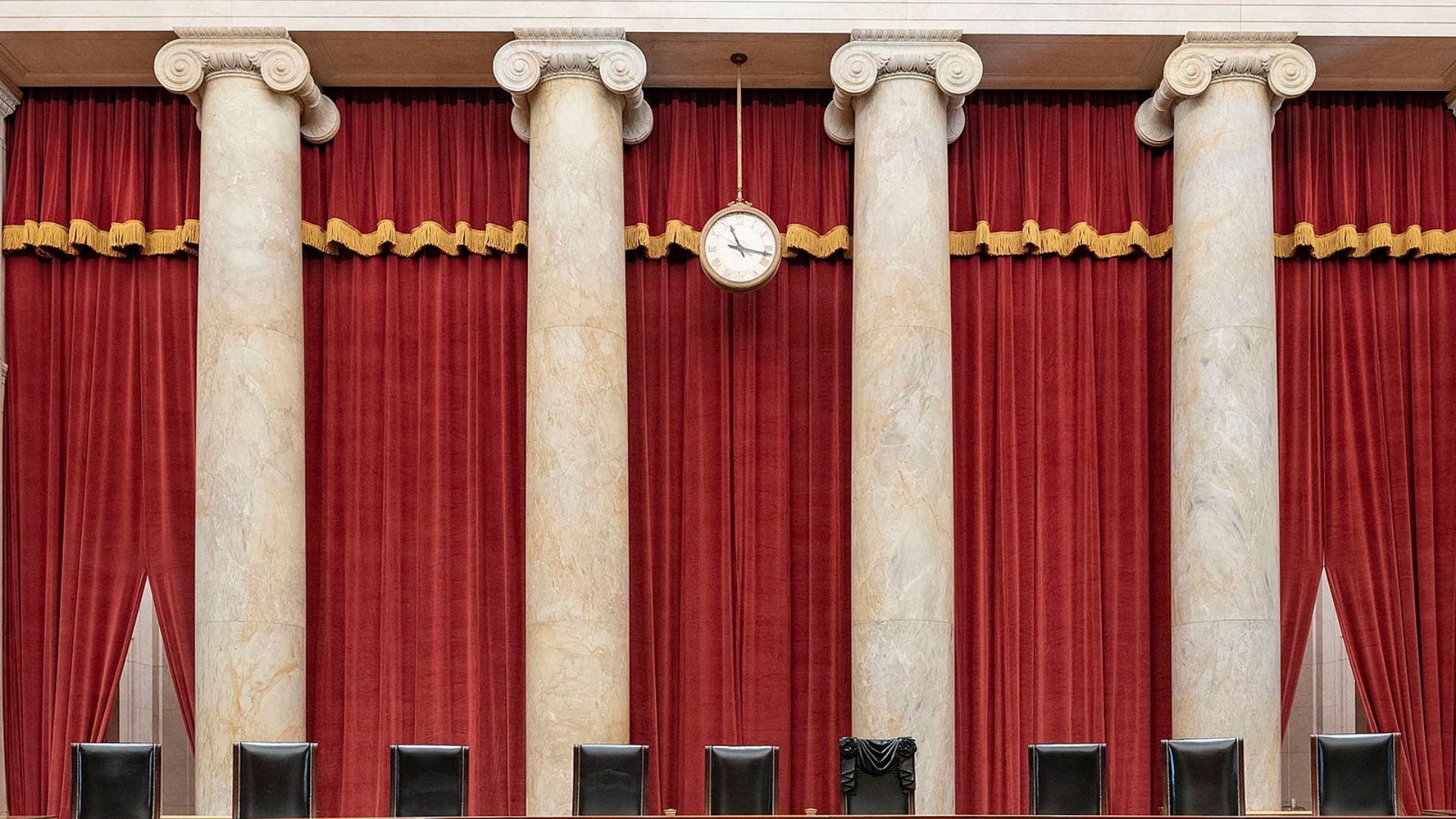
The court had to determine whether providing a national hotline number constituted an abortion referral.
The Justice Department clarified, “Providing the hotline number is not the same thing as a referral,” indicating a nuanced interpretation of what constitutes a referral under federal law.
Implications for State Health Policies Nationwide
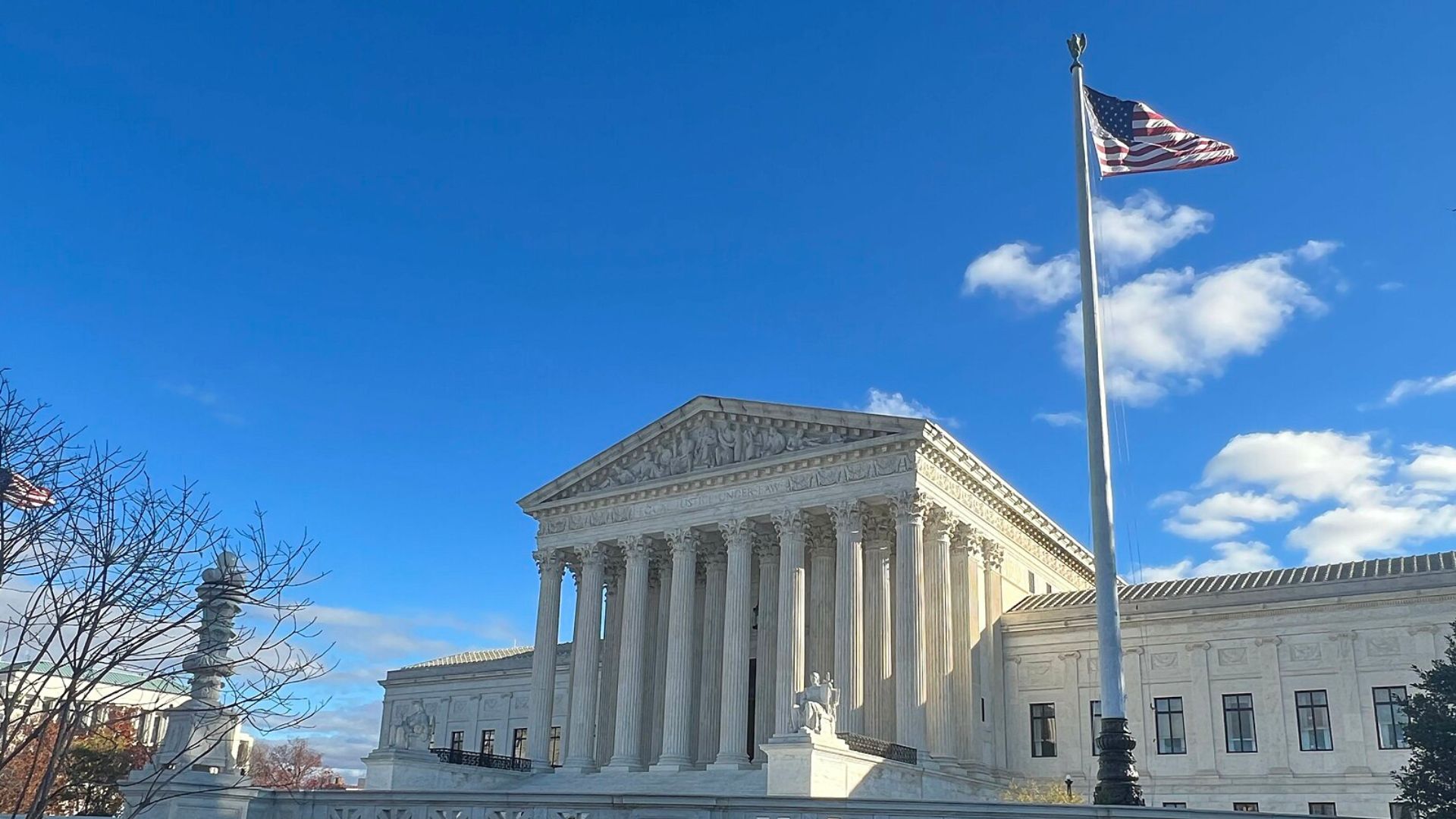
The outcome of this case will influence how states across the U.S. administer and allocate federal health funding, especially concerning public health services and county health departments.
This decision could set precedents affecting the balance between state autonomy and federal oversight in health policy and beyond.
